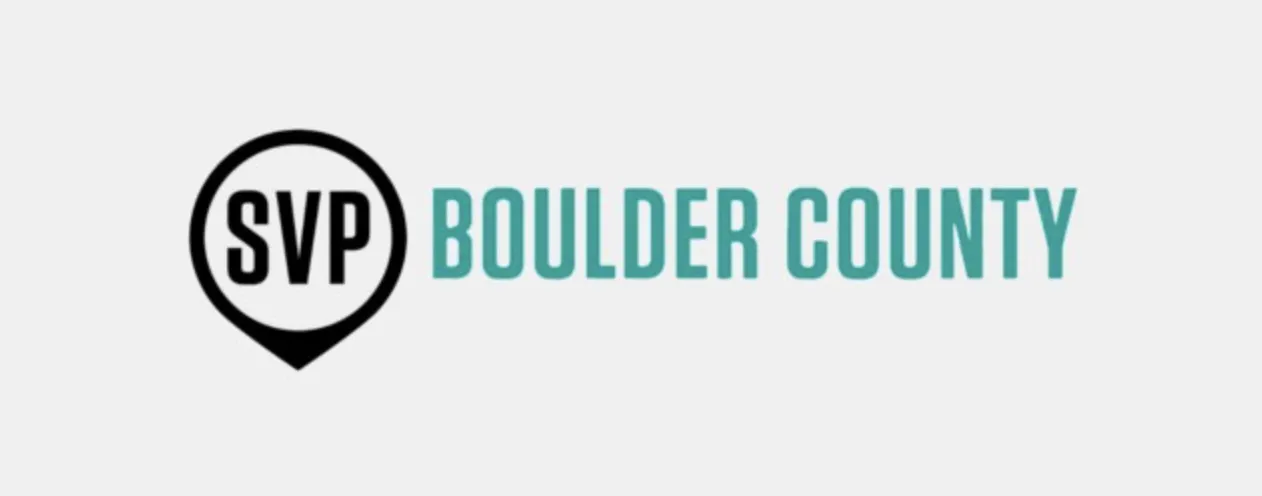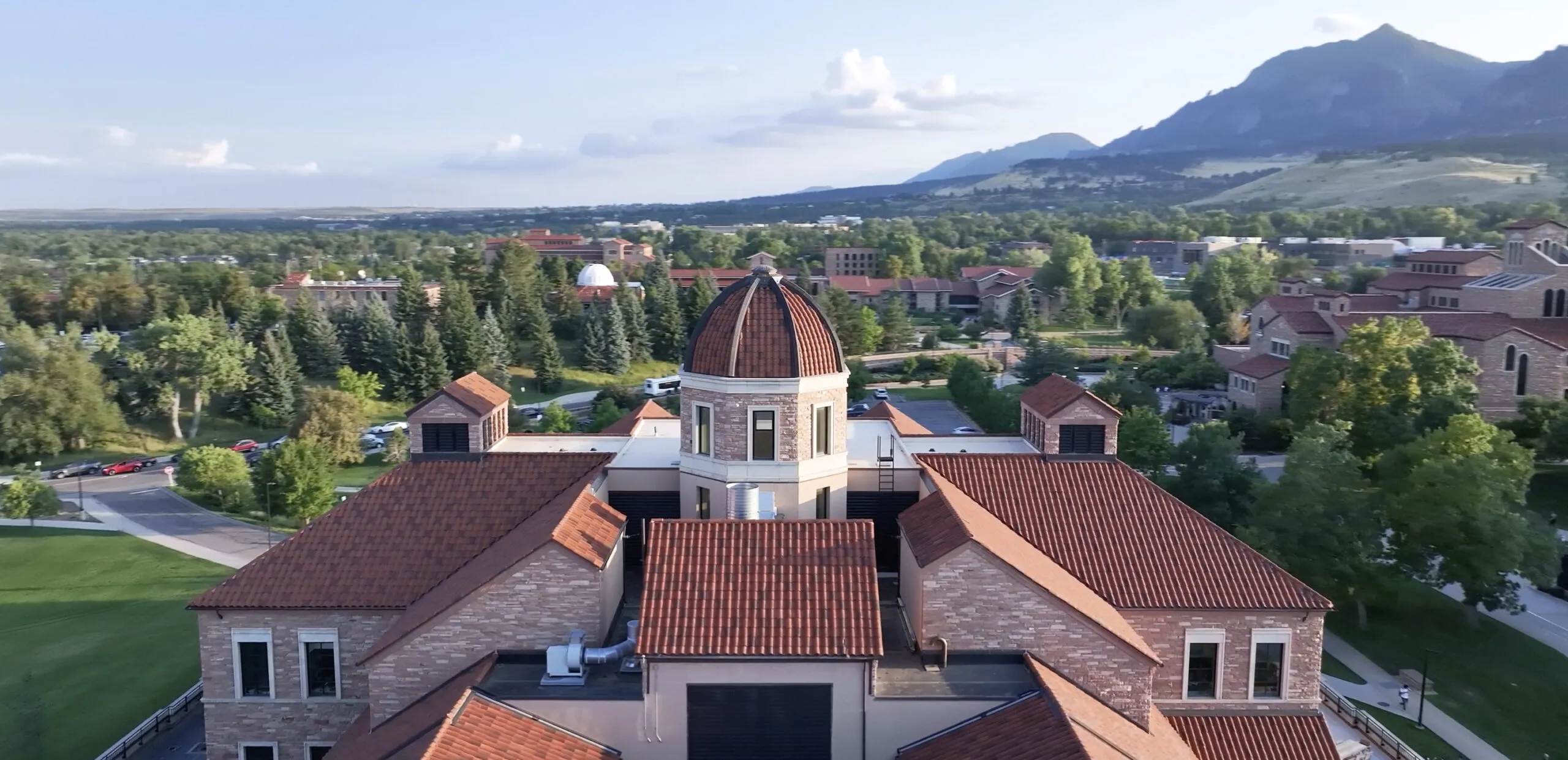CU teams vie for $1.25M in startup grants in Lab Venture Challenge

BOULDER — More than a dozen teams of University of Colorado entrepreneurs, faculty researchers and graduate students will compete for a total of $1.25 million in startup funding grants this month in a pair of Lab Venture Challenge showcases.
The physical sciences showcase will be held Wednesday, Oct. 23, 5:30 to 8 p.m at 2000 Central Ave. #100, Boulder, and the biosciences showcase will be at the same time the next day.
CU’s Lab Venture Challenge, or LVC, is “run by Venture Partners, one of the university’s commercialization arms and a central resource for researchers who wish to translate their work into impactful business and social ventures,” a CU news release said. “LVC finalists are working and collaborating with Venture Partners on their path to commercialization.”
SPONSORED CONTENT
To date, LVC has funded 107 projects through 54 new deep-tech startup companies, which collectively have raised more than $349 million in follow-on financing, the release said.
“At this early stage, funding is essential, but can be a challenge to obtain,“ LVC director Joshua Bennett said in the release. “All of these teams have promising innovations ready to launch new businesses. LVC is a unique opportunity for those innovators to receive that vital funding, and we’re proud to work with the state of Colorado to make it happen.”
The 2024 physical sciences LVC showcase finalists (with company descriptions provided by CU) are:
- Colexible: The company’s liquid metal printed circuit board technology offers deformable, stretchable and affordable electronic assemblies that address the challenges that current rigid PCBs face with emerging technologies, such as wearable electronics, virtual/augmented reality and collaborative robots.
- EcoValeric Innovations: Inventor of an electrochemical process that converts biomass-based levulinic acid into 4-hydroxyvaleric acid (HVA), a versatile intermediate for producing biodegradable plastics, biofuels and green solvents. This scalable, renewable process reduces reliance on fossil fuels while enhancing sustainability.
- InfraInform: Creator of I2M-B, an end-to-end AI-based software tool that integrates cutting-edge temporal deep learning techniques with novel operations research methodologies to address the lack of an optimized, predictive and proactive approach for cost-efficient bridge and culvert maintenance planning.
- Mode-Locked Laser Technology: This groundbreaking mode-locked laser technology overcomes the limitations of existing systems and is suitable for harsh environments. These systems excel in applications that require the best phase noise performance in a small and efficient device. Applications include PNT and RF instrumentation.
- OsmoPure Technologies: The company is introducing a membrane for ultrapure water production tailored to the stringent demands of electronics, aerospace and green hydrogen sectors. The technology uses distillation driven by pressure, rather than heat, to produce high-purity product water with ten times higher energy efficiency.
- Whisper Energy: The company is a wireless, battery-free sensor platform for smart buildings. It uses machine learning to cut energy consumption by 30%+, providing real-time data to optimize energy use and reduce emissions. Developed with a $2 million ARPA-E grant, it advances zero emissions economically and efficiently.
- Tierra Metrics: A novel high-spatial density sensor innovation that will enable real-time characterization of the soil nitrogen cycle which will help growers, land managers and others to improve efficiency and profitability, as well as improve soil health and mitigate greenhouse gas emissions.
The 2024 biosciences LVC showcase finalists are:
- Aatxe Therapeutics: The company enhances the structural adaptability of cyclic peptides, improving their ability to bind, inhibit and access challenging intracellular targets. This unique platform unlocks new opportunities for treating complex diseases and improving patient outcomes.
- Codebreaker: A platform for generating variant genomes at scale in an AI framework that drives variant genome design and machine learning to generate significance maps broadly across human disease and drug response.
- Entangl3d: Transforming spine surgery with a groundbreaking three-dimensional printing platform that produces strong, bioadhesive hydrogels. Easily deployable without tissue damage, our hydrogels will reinforce intervertebral discs to prevent reherniation and degeneration.
- Flari Tech: Building a laser-based breathalyzer to detect lung cancer noninvasively and rapidly with high sensitivity. Powered by CU’s Nobel Prize-winning optical frequency comb, it would empower healthcare providers, patients and researchers in lung cancer prevention, treatment and monitoring.
- IntraLumenus: The company is developing a treaded robotic capsule endoscope that travels through the colon under its own power, provides localization and mapping, and dual channel tool access, enabling colorectal procedures to be performed intraluminally, or from within the colon.
- SteriO3: Peroxide Enhanced Germicidal Irradiation (PEGI) provides rapid, low-resource sterilization of microbial contaminants. With adaptable configuration capabilities, PEGI will be engineered into compact, portable units for low-temperature sterilization of surgical equipment, including three-dimensional-printed implants.
- STAT3 Isoform-Selective Antisense Oligonucleotide (ASO): This team is developing a proprietary STAT3 isoform-selective antisense oligonucleotide (ASO) using novel thiomorpholino chemistry (TMO) for the treatment of head and neck cancer is the sixth most common cancer type, with a low survival rate due to poor responsiveness to treatments.
More than a dozen teams of University of Colorado entrepreneurs, faculty researchers and graduate students will compete for a total of $1.25 million in startup funding grants this month in a pair of Lab Venture Challenge showcases.




